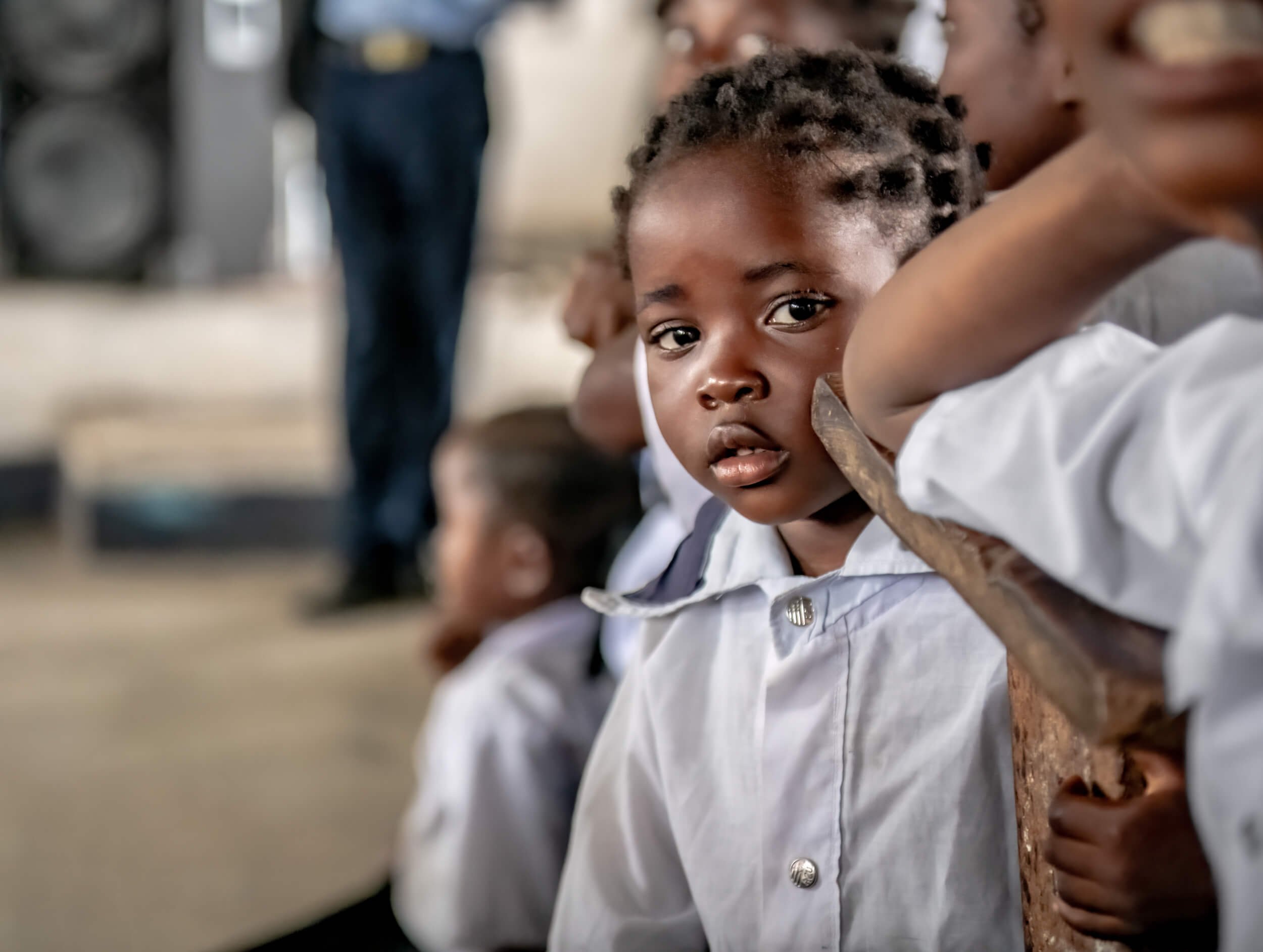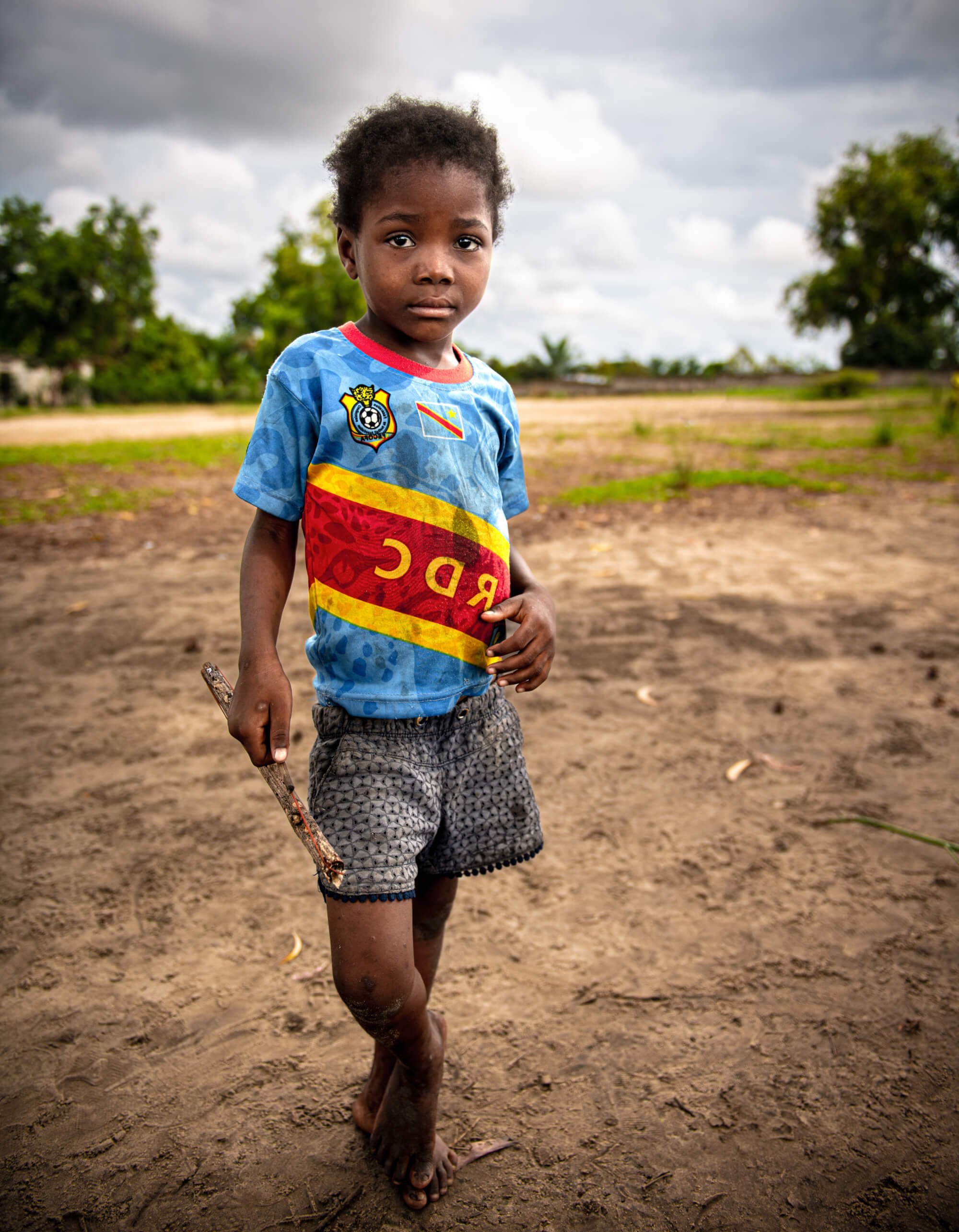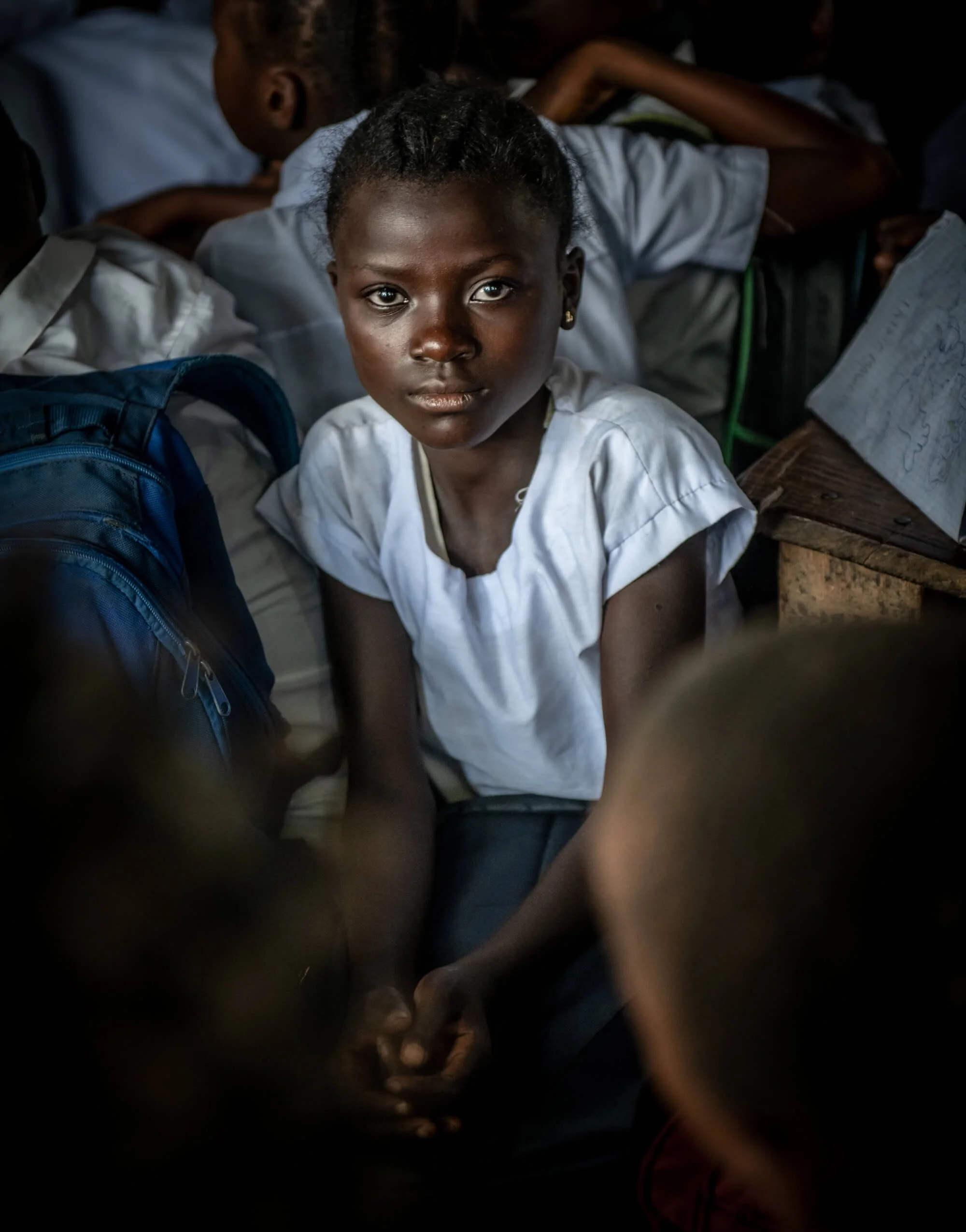The Challenges
“Difficulties break some men but make others. No axe is sharp enough to cut the soul of a sinner who keeps on trying, one armed with the hope that he will rise even in the end.”

Educational
Roughly 50% of the population in the Democratic Republic of Congo is 17 years of age or younger.
3.5 million primary school-aged children do not attend school.
Of those attending school, 44% start after age 6 and only 60% will complete sixth grade.

Economic
The Democratic Republic of Congo is the second largest country in Africa, yet one of the poorest countries in the world with 72% of its population living on less than $1.90 a day.
Decades of war, violence, and poverty have left the population extremely vulnerable while claiming the lives of over 5 million Congolese.

Political
The Democratic Republic of Congo is fraught with political instability, armed clashes, and human rights violations.
2.1 million Congolese were newly displaced in 2017 and 2018, making the Democratic Republic of Congo the African country with the highest number of internally displaced people at 6.17 million.
Malembe Rise empowers youth in the Democratic Republic of Congo to overcome these local and national challenges. Young people are provided opportunities to learn and to lead by identifying assets around them including skills, passions, talents, and resources. These assets, already possessed in themselves, their families, and their greater community, enable and encourage problem solving that makes an impact for positive change. The Club of Leaders initiative highlights the potential and agency of young people to be catalysts for change in a world that desperately needs it.
“We Africans have to be able to deal with our problems. Help from outside is alright, but we have to learn to be responsible for our own attitudes.”



